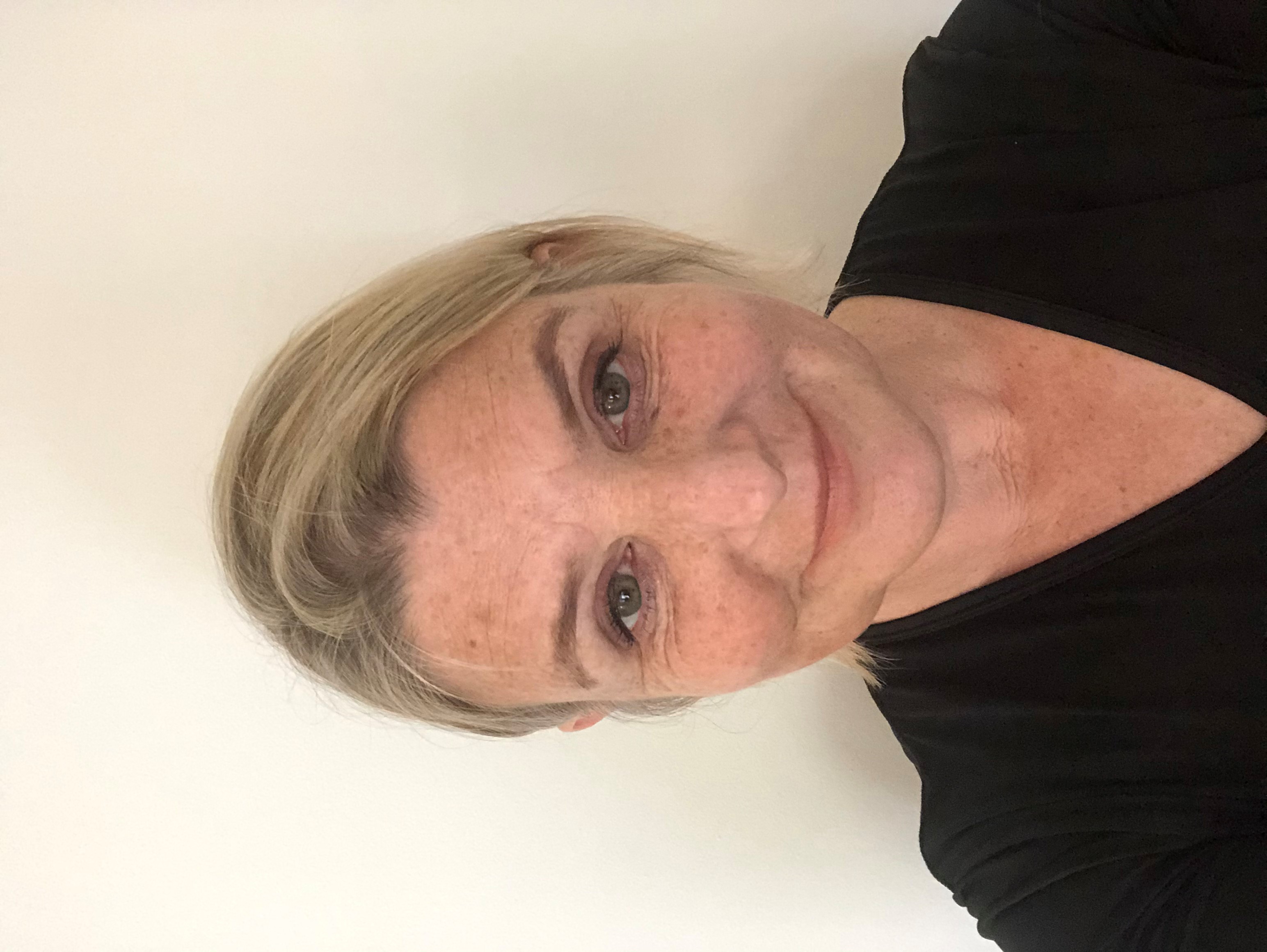As the temperature starts to drop and we notice it getting dark a fair bit earlier, an ominous, anxious feeling can arise that affects our mood.
The onset of autumn, with its leaf-shedding, blossom-dropping and general shutting down, heralds the death of the year in agricultural terms. And we all know there is a long, cold winter to come before the start of the next.
Those care-free days of summer - when the skies, full of possibility, stayed light long into the evening - can suddenly feel a long time ago, leaving a sense of foreboding of the darkness to come.
And it is often a time when people notice a dip in their moods as they return to work, school or simply normality after a summer break.
There is more going on for many people than simply the passing of the seasons.
The impact of the changing seasons
A reduction in sunlight has long been associated with a reduction in the brain chemical serotonin, which carries messages between the body's nerve cells. Often called the body's natural 'feel-good chemical', serotonin is linked to mood regulation, sleep and many bodily functions. Lower levels of this neurotransmitter in the brain have traditionally been thought to be linked to depression, though recent research has questioned this theory.
Melatonin, which is linked to the circadian rhythms of the sleep-wake cycle, can also be affected by a reduction in daylight. The inability to sleep is often also a part of a depressive condition, and we all know how much worse things seem after night-long battle with the duvet.
Some people develop a recurrent pattern of low mood in the winter, known as Seasonal Affective Disorder. Here, it appears the poor weather and dull skies are to blame, offering little opportunity to feel natural light on the skin. For these individuals the on-set of gloomier months can feel very frightening indeed, as they ask: "Will it be as bad as last year or the year before?"
But there are other reasons why a person may find September a struggle. These are more linked to what we associate with the month.
Why September can be such a challenging month
As the start of the academic year, it is a time of beginnings, endings and separations and some people who edge towards doubt or insecurity in relationships can be impacted.
If you found school difficult or you were bullied, you may unconsciously link this time of year with failure or danger. And old feelings from another time may be re-emerging.
If you found it hard to separate from your parents on entering nursery or reception class, the autumn period can signal to your subconscious that something lonesome and scary is ahead when in reality it may not be.
It may seem a stretch that things that happened long ago can influence how we feel about a time of year now. But the way the brain keeps us safe as a small baby is by noticing patterns and making associations. And we can literally transfer an old feeling to a new situation that is similar in some way to the old one.
This happens with people and is known as transference. A boss reminds you of your nasty history teacher who picked on you. Your brain might try to keep you safe by preparing to be picked on - and guess what happens? You feel picked on.
It can be the same with environmental factors like the time of the year - all those children in their over-sized new school uniforms, what the trees on your street look like and how the weather feels. This can nudge a person into old sensations. But just because they're old doesn't mean they aren't there - they are. You are just re-feeling them.
So how to deal with it?
1. Get outside as much as possible
Allow yourself to experience daylight, even if it means going for a walk with an umbrella.
Not only will you absorb more sunlight, you may find a release from any spirals of negative thoughts.
The sheer distraction of looking outward, whether it's at a bird in the sky or a stranger just catching your eye, rather than inward can provide relief from intrusive thinking patterns.
2. Use autumn as a time to re-set
Many of my clients see September as the start of the year - and they're not alone. The Jewish calendar places New Year around September every year.
It is quickly followed by Yom Kippur - the festival of atonement when believers atone for their sins, wiping the slate clean with a day of fasting.
I am not suggesting a fast, but just a shift in mental attitude in an attempt to either address or let go what is niggling at you can help.
3. Try not to look too far ahead
If you're living in worry about the future, it is very difficult to engage with or enjoy the present.
If it's Monday - just do Monday. Let Tuesday take care of itself.
Make a conscious effort to focus on what is, not what if.
4. Reflect and build awareness of what may be going on for you right now
Sometimes understanding why fears and anxieties are being triggered is all it takes to master them.
And finding a counsellor you trust to explore and talk about these can really help.

